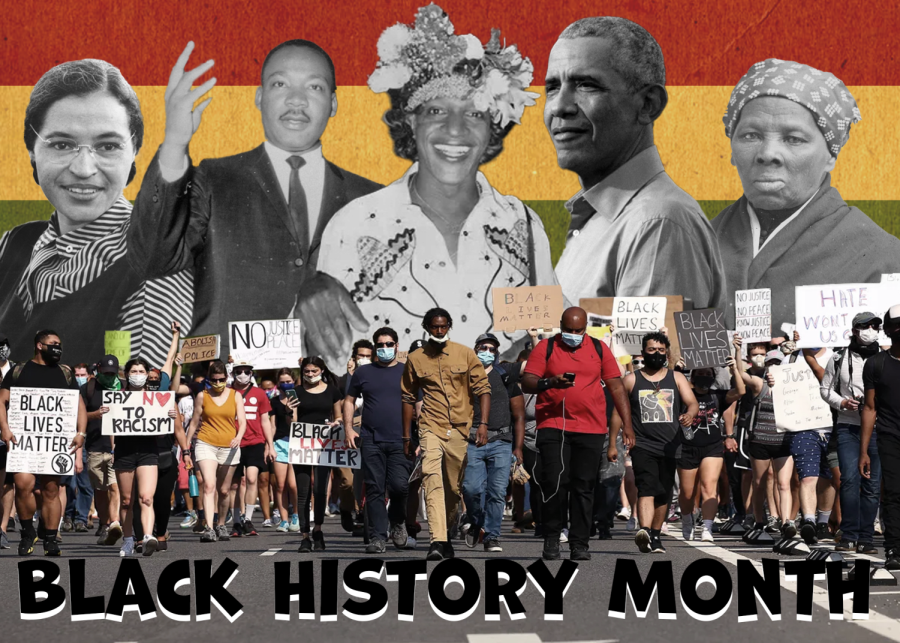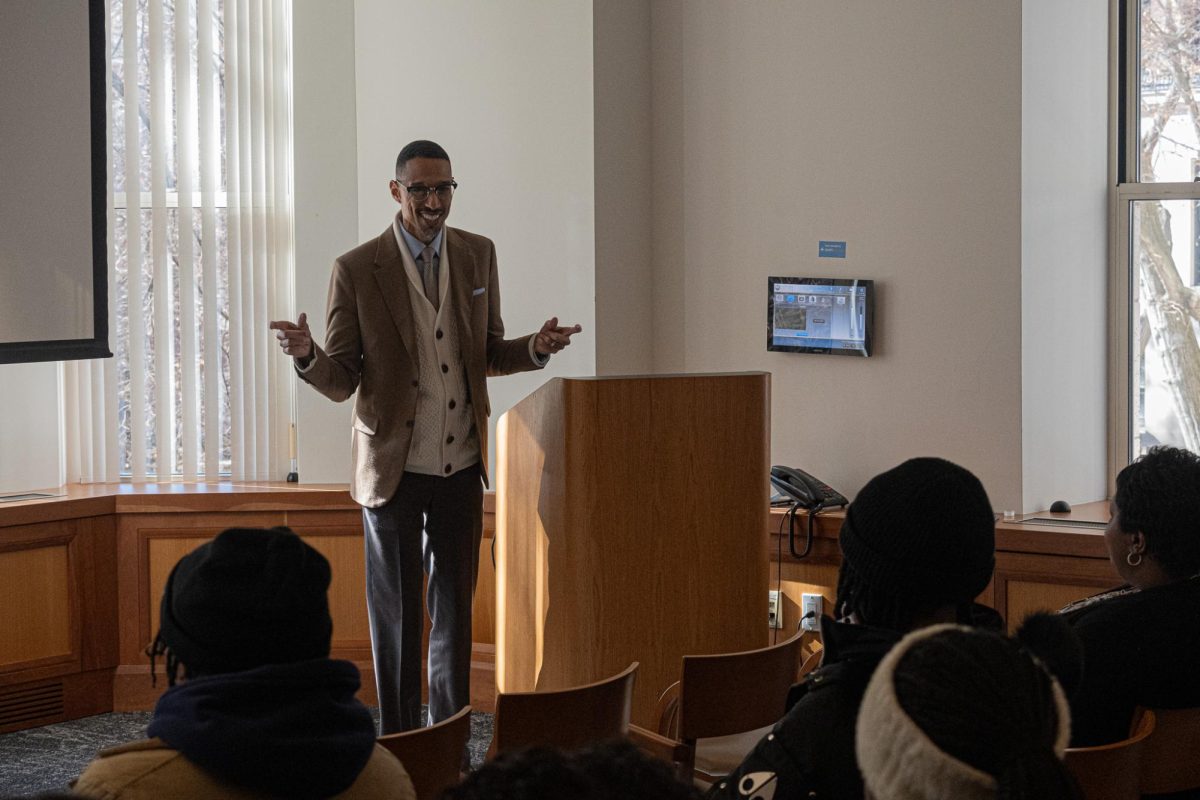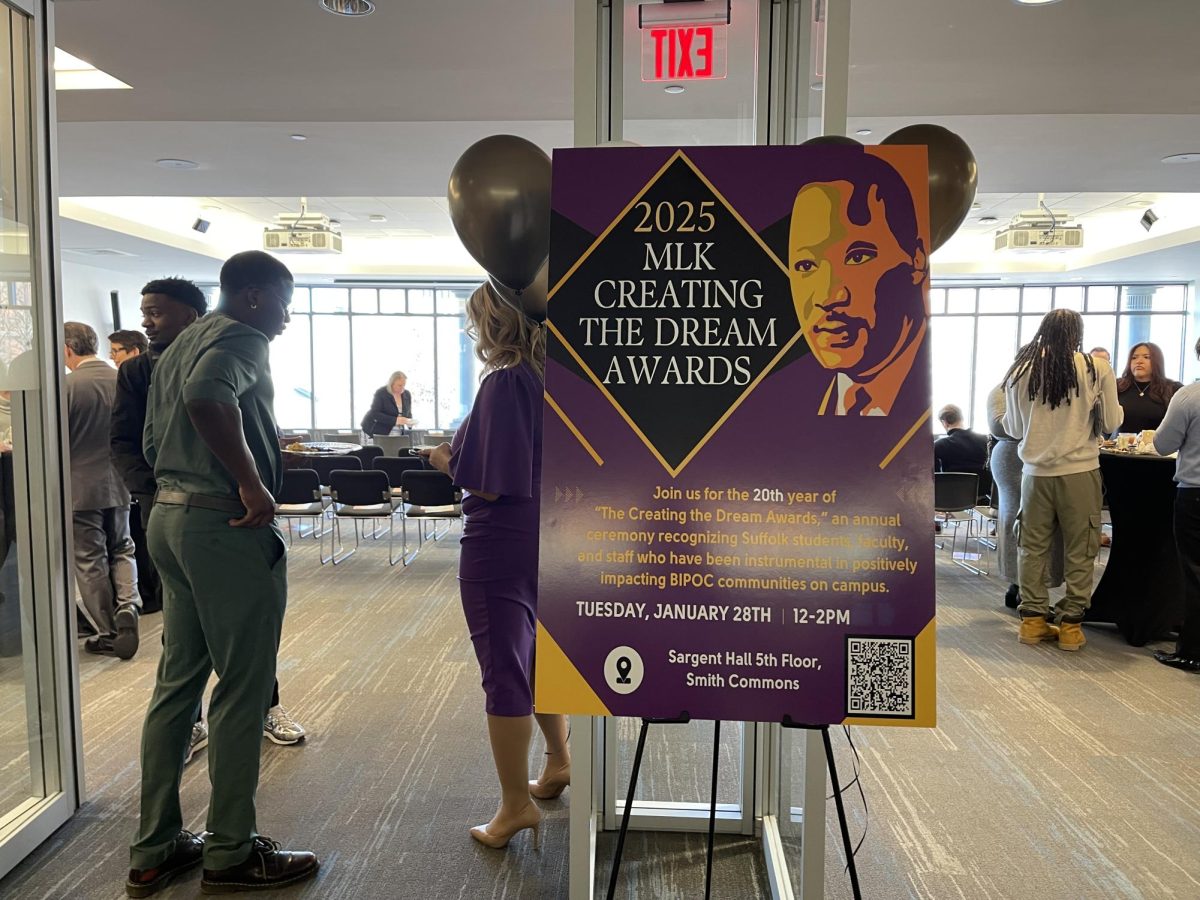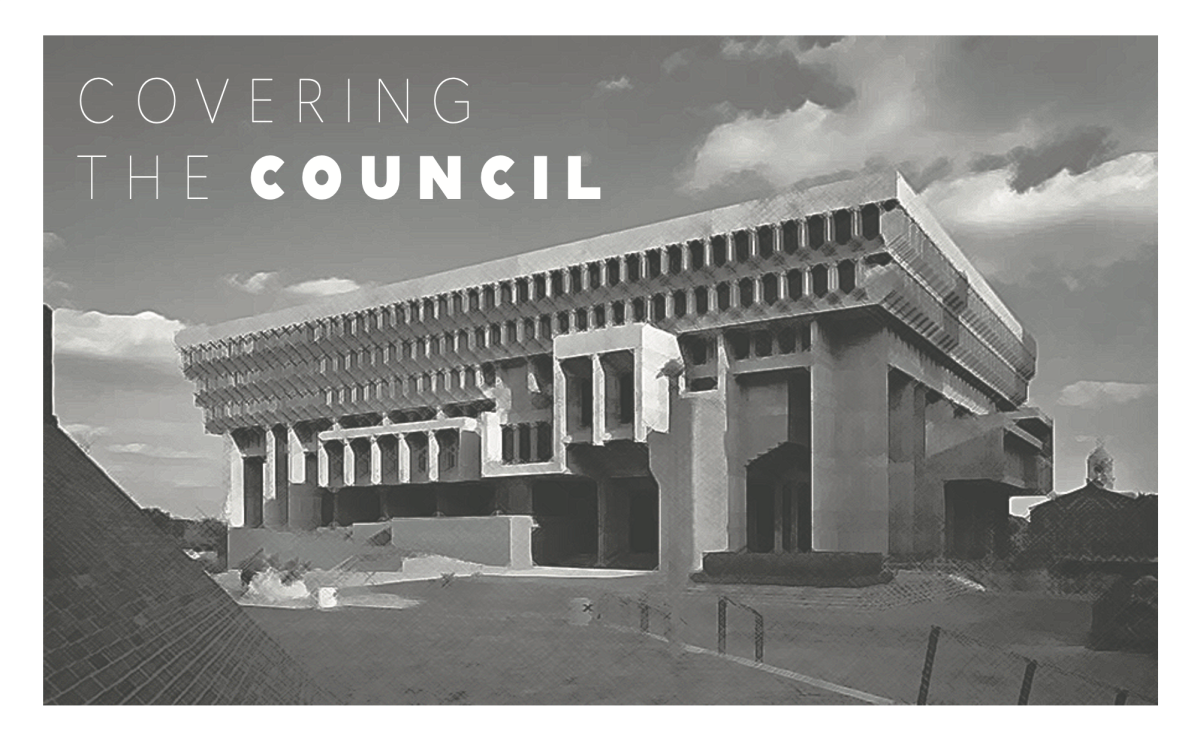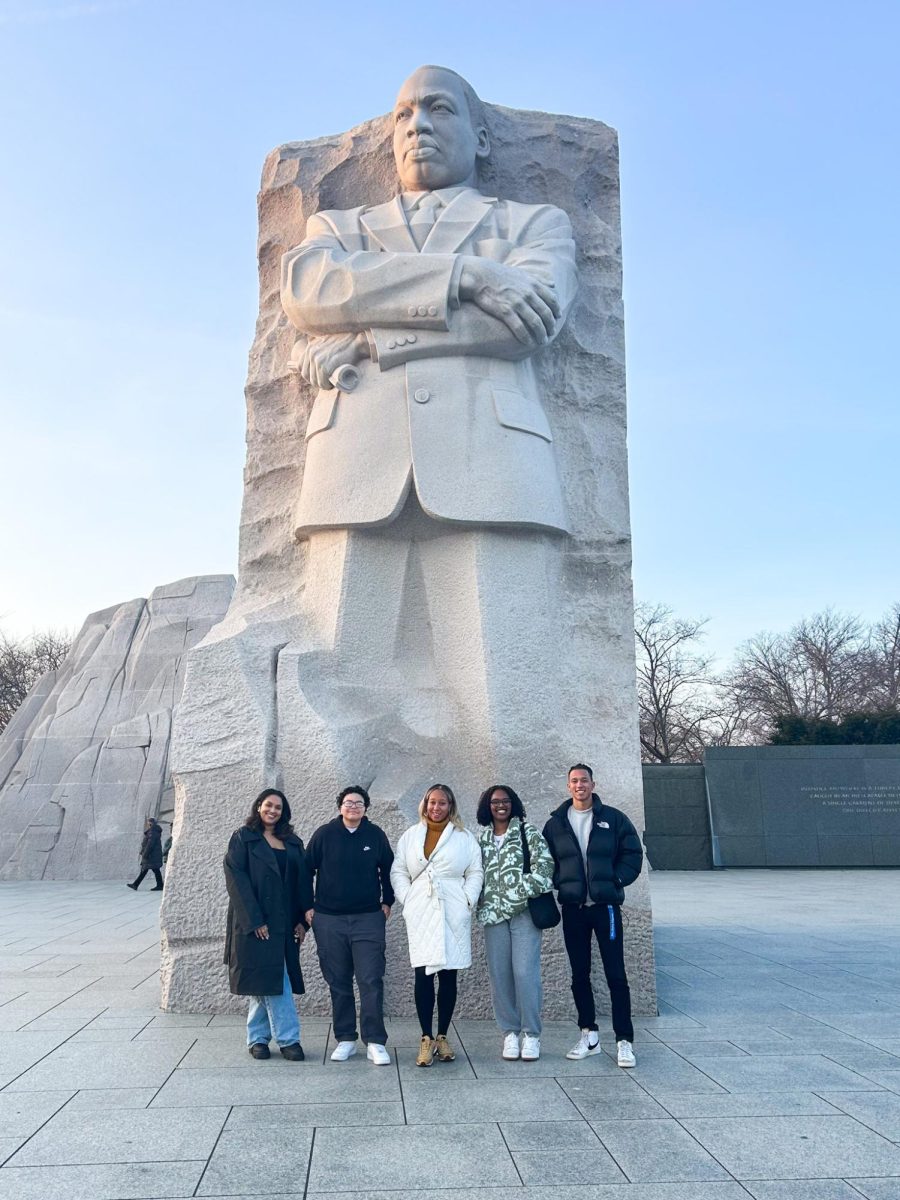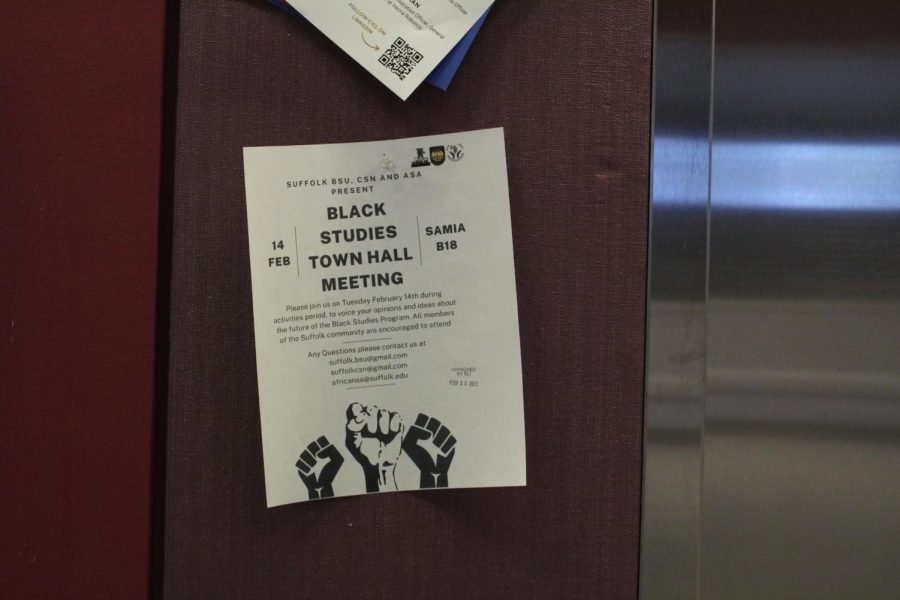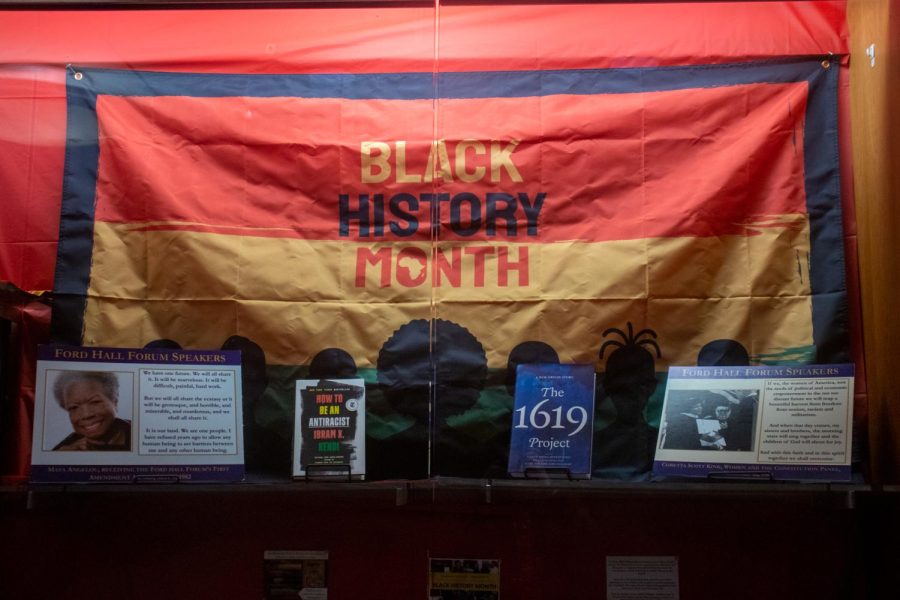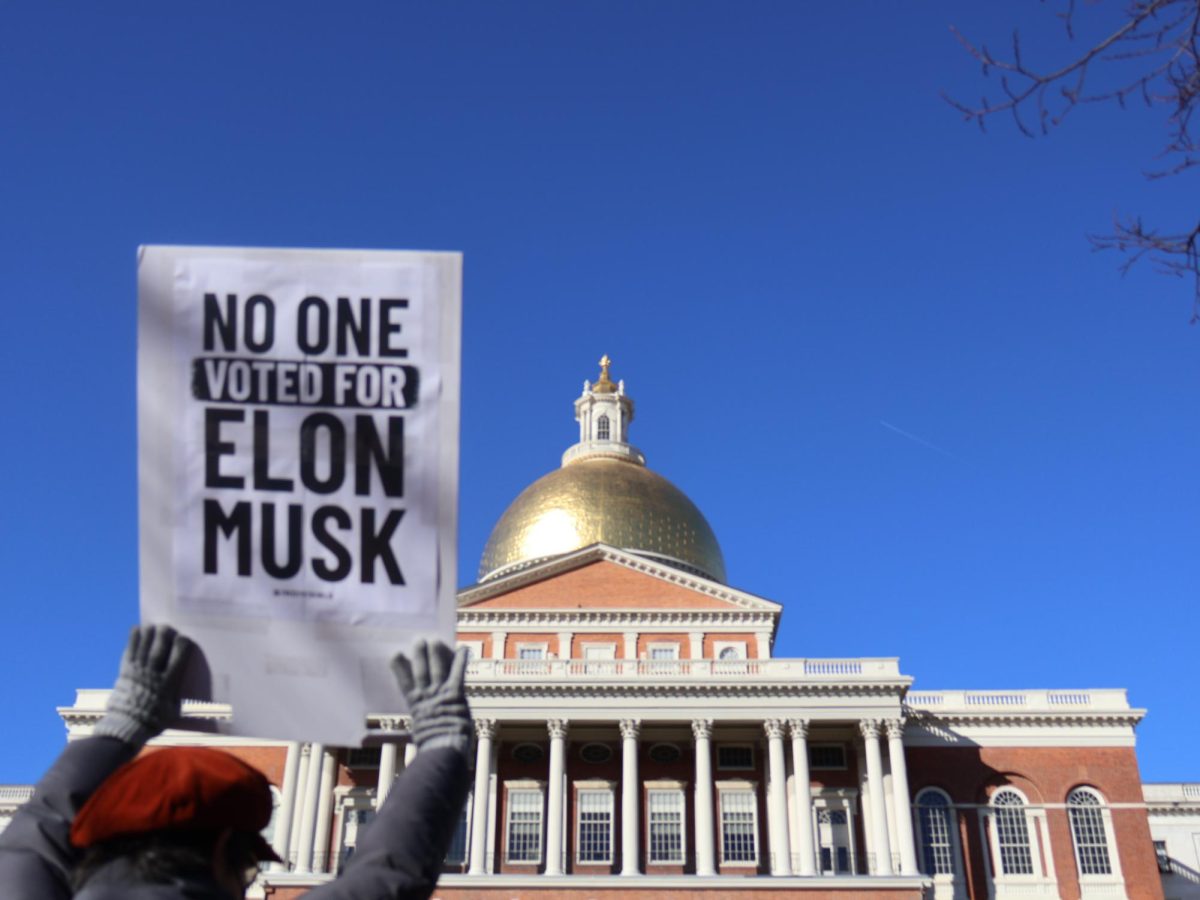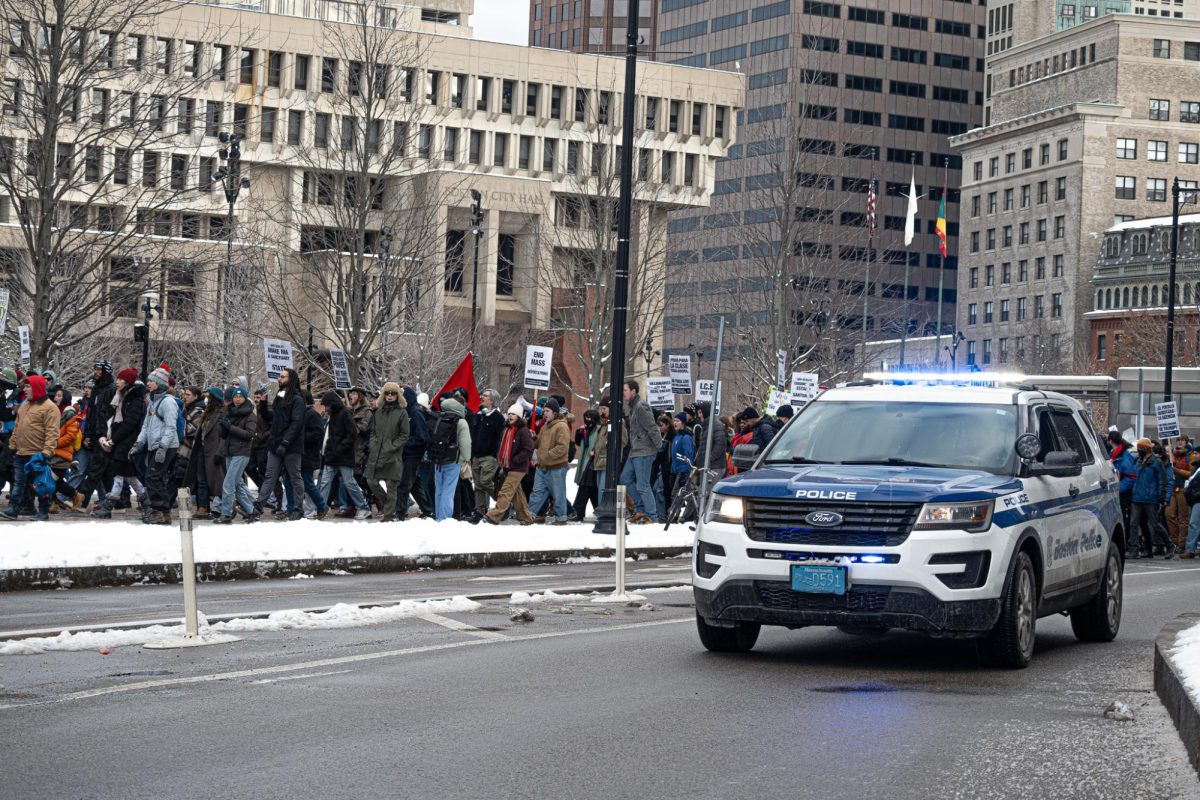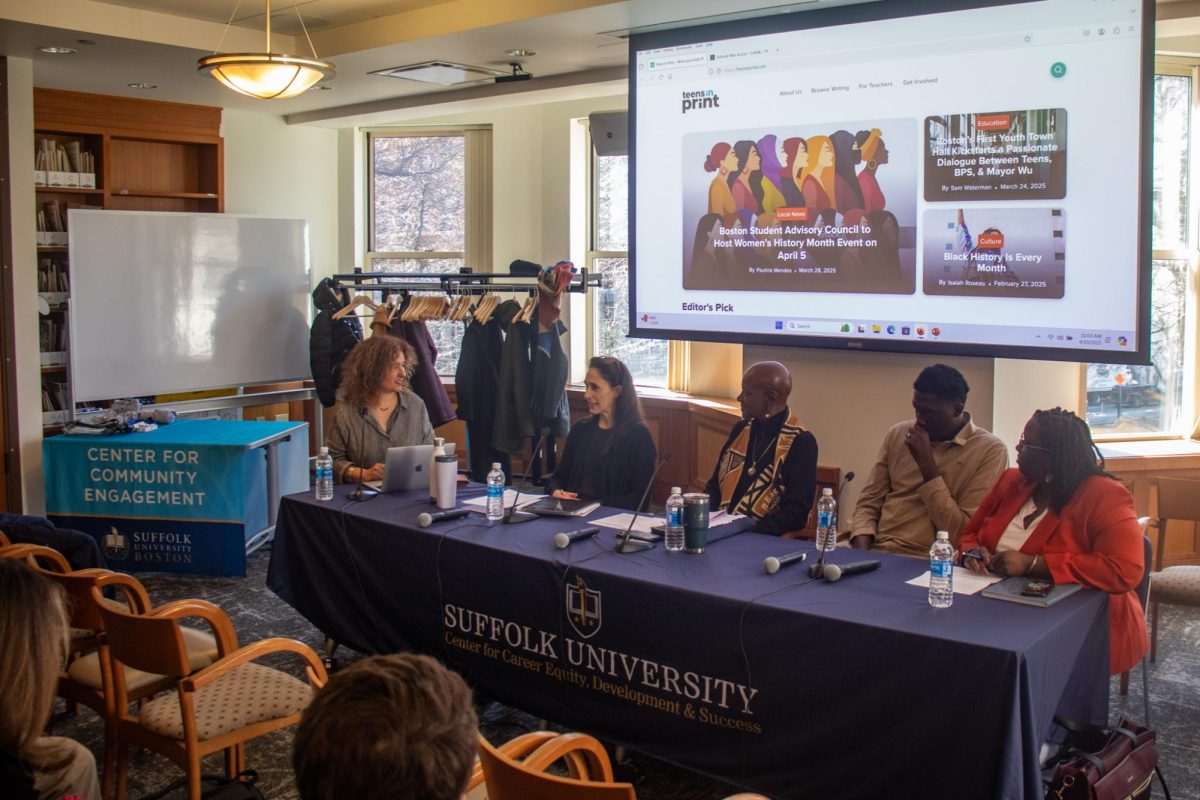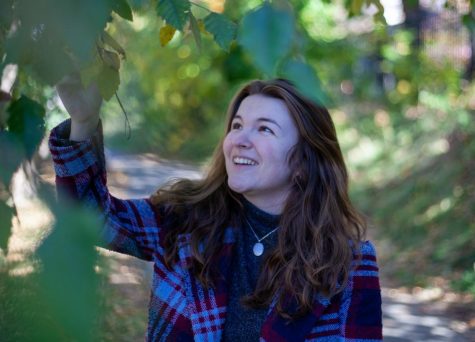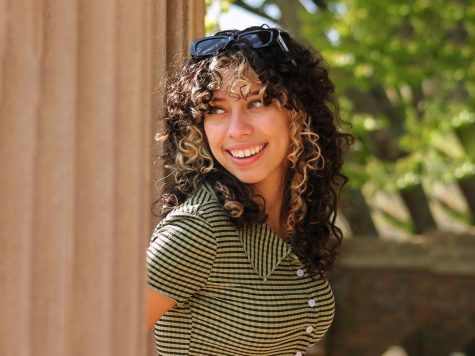For Lorda Joseph, a junior media and film major at Suffolk University, Black History Month is a chance for her to learn more about herself through the celebration of her culture.
“It’s a very prideful month for me, just because I learn so many things about people I had no idea about, even though I’ve been Black all my life,” Joseph said. “I’m learning everyday about myself, about people in general, so it’s a great thing.”
Black History Month was first established as Negro History Week in 1926 by Carter G. Woodson, the second Black scholar to receive a PhD in social sciences from Harvard. The week set out to recognize the history and achievements of the Black community while also uniting its members, and was expanded into a month-long celebration in the early 1970s.
“It’s nice to know that what [Carter] set out to do many years ago, his idea around ‘let’s not forget some of the strides that Black Americans made, let’s share that,’ is still in action,” said Joyya Smith, vice president of Diversity and Inclusion at Suffolk.
But while February is an opportunity to celebrate the achievements of this vibrant community, Smith said it is also a time to reflect on its past, present and future.
“It is our time to come together, to remind ourselves of the things that we have learned, perhaps in various spaces related to the achievements of Black Americans,” Smith said. “But we also spend time thinking about present-day accomplishments and strides that have been made in a variety of industries that perhaps Black people have not been known for or celebrated for.”
“That’s part of why it’s important to me to consider the past, what’s happening in the present, but also what’s down the road and think about the future in terms of ensuring that young people are aware of the contributions of Black people,” Smith continued.
Smith teaches a one-credit course at Suffolk called “The Future of Black Leadership.” During this course, students read “Conversations in Black” by Ed Gordon, learn about the history and contributions of Black Americans and explore the importance of diversity, inclusion and identity.
The mission of this course is vital during Black History Month, but also year-round, Smith said.
“I hope that people who are not of BIPOC backgrounds take away a sense of expansion of their own knowledge,” Smith said. “I hope that they too find some enjoyment in learning about the culture of Black people and some of the things that have not been shared publicly or broadly in a variety of spaces.”
JAKE Small, assistant director of Career Communities at Suffolk, said this month is a call to action for everyone to self reflect.
“It’s hard to genuinely think about how you can support a group that you’re not a part of without learning about your own identities first,” Small said. “This shouldn’t be restricted to Black History Month, and non-Black folks should be constantly considering how their own racialized experiences have impacted their life.”
Small suggested for non-Black individuals to do an audit of the media they take in, the types of stories they seek out and what identities are present in the people they know.
“I’m not just a Black man. I wear all of my identities…” Small said. “I’m Queer during Black History Month, and I’m Black during Pride Month, and I’m a young professional during all of that, so it’s all really important.”
Small said that he wears his identities with pride, especially since he is one of the few monoracial Black professionals on many teams he works with to create opportunity and inclusion in higher education.
“When you can see someone like you in a role, it makes it feel more accessible,” he said.
In order to create truly inclusive and equitable spaces for Black people, Small said organizations must grapple with the systemic issues that appear in every person’s life. Specifically, racism, anti-Blackness and white supremacy culture.
He said holding spaces for discussions around race makes this goal more attainable, and that he sees this being done through various workshops, informational sessions and other events on Suffolk’s campus.
Joseph applauded the events put on by Suffolk’s Black Student Union as one way of doing this, while Smith said the Black Studies Department has also played a large role in including the Black experience on campus.
However, the work is never done.
“It’s important to think about what we can do to support community members so they feel welcome — so they feel as though they are a part of what’s happening — and find equity through intentional thoughts and actions,” Smith said.
Joseph said she found her own welcoming space on campus through the Fundamental Sisterhood Society her freshman year. The club is a safe space for all women, especially women of color, to come and talk about anything, she said.
“I hope people know and understand that this is a safe space for women of color on campus, even though it is open to all,” she said. “It’s a space where they can talk about anything.”
Now the club’s president, Joseph hopes to spread its message of inclusion even further.
“There are not many places on this campus, on this particular [predominantly white] campus, that people of color feel like they can belong to,” Joseph said. “Me being president, I want people to feel like they can come to this club.”
While this is a rebuilding year for FSS, Joseph said there will be more events and meetings starting in the fall. Students can reach Joseph and her E-Board for more information about the club by direct messaging @fss_su on Instagram.
Just as Joseph fosters inclusion through FSS, Smith hopes other Suffolk students will do the same through their own actions this month, and beyond.
“It’s important for us to thread this throughout the year and invite others to be a part of it,” she said.
Follow Caroline on Twitter @CarolineEnos


